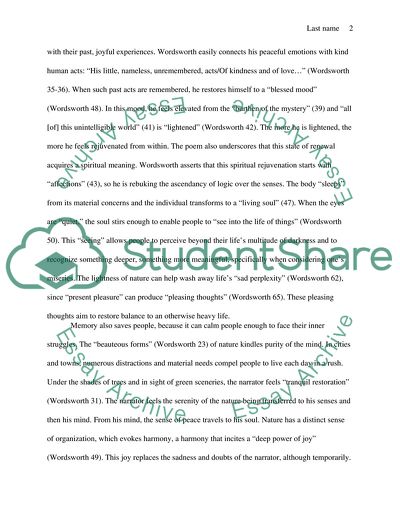Cite this document
(“Tintern Abbey Research Paper Example | Topics and Well Written Essays - 1250 words”, n.d.)
Retrieved from https://studentshare.org/literature/1579853-tintern-abbey
Retrieved from https://studentshare.org/literature/1579853-tintern-abbey
(Tintern Abbey Research Paper Example | Topics and Well Written Essays - 1250 Words)
https://studentshare.org/literature/1579853-tintern-abbey.
https://studentshare.org/literature/1579853-tintern-abbey.
“Tintern Abbey Research Paper Example | Topics and Well Written Essays - 1250 Words”, n.d. https://studentshare.org/literature/1579853-tintern-abbey.


